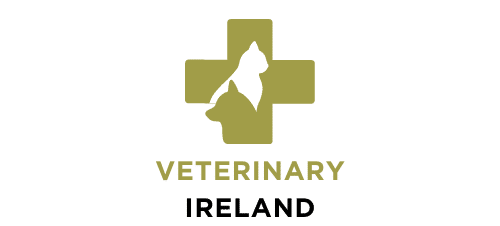veterinary-ireland
News
Cats
How do you adjust a cat's sleeping area to accommodate arthritis and orthopedic pain?
As cat parents, your role extends beyond merely playing and feeding your treasured feline friend. You are tasked with ensuring their overall comfort, health, and...
Dogs
Other pets
